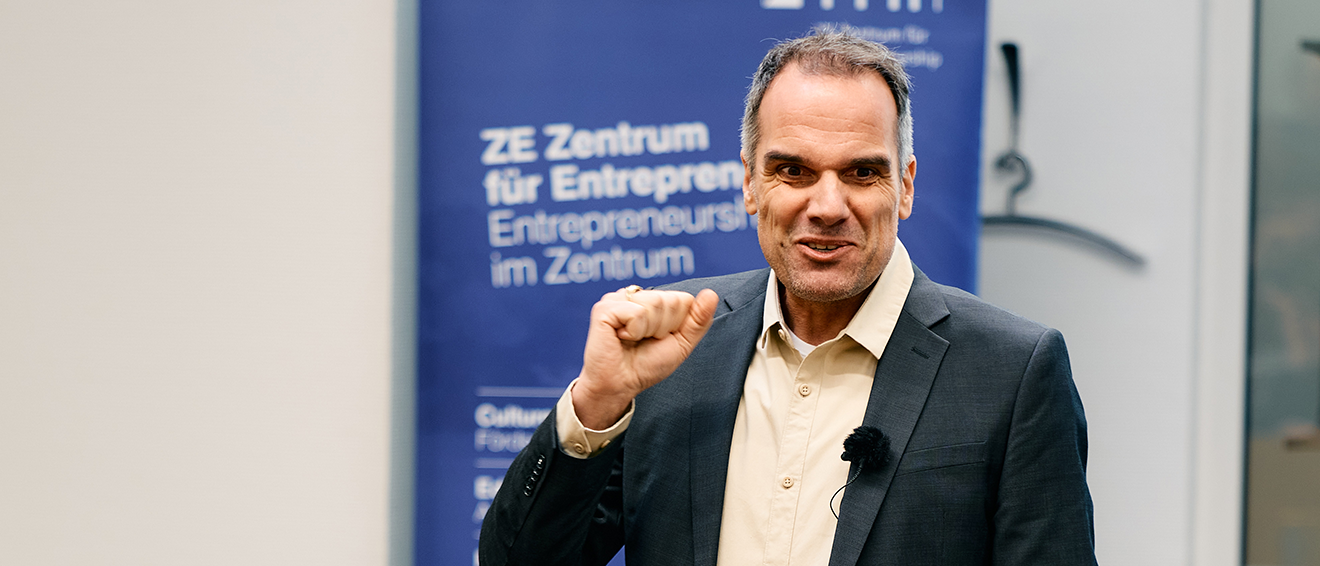At the turn of the year, a few more thoughts on a topic that has taken a bit of a back seat due to the various hypes and events in 2023: knowledge management!
The management and organization of knowledge is an absolutely critical factor for many companies. It is not just about who knows what, but above all about how knowledge is bundled, channelled, externalized, documented, substantiated, validated and optimized. What sounds trivial at first, however, is such a major challenge in practice that Chief Knowledge Officers (CKO) have even been appointed at C-level for some time now. In today’s world, knowledge is more important than ever and is the most important asset for many companies.
If knowledge is in the heads of a few people, a company should do everything it can to “secure” these people. If knowledge is stored in databases, collaboration systems or documentation systems, it should be made as searchable and, above all, findable as possible. Either way, knowledge has to be “managed” because it is constantly changing.
We often rely heavily on our large IT systems and the phrase “I’ve stored this in SharePoint” suggests that we have a structure and can easily access the knowledge in documents at any time. But when such sharepoints become huge document graveyards, even the best search engine is useless.
We therefore need to be clear about how we want to deal with knowledge. A good model for this is Nonaka and Takeuchi’s knowledge spiral, which can be used to quickly and easily analyze company processes and identify potential gaps in knowledge transfer. A distinction is made between four phases, which are run through cyclically:
– Socialization: people talk to each other, knowledge is exchanged in dialogue, people watch others, adopt knowledge and actions
– Externalization: knowledge is written down, documented, filed
– Combination: documented knowledge is refined, enriched, commonalities found, conclusions drawn
– Internalization: we read or consume knowledge from others and learn as a result
The interaction between these phases can be wonderfully superimposed on existing business processes. A CKO would now have the task of ensuring that as few knowledge gaps as possible arise during the phase transition, that each process is also illuminated from a knowledge perspective and that the origin and source of specialist knowledge is identified.
Knowledge management systems support this, but most of the most important knowledge is still in the heads of your employees.
So take good care of them and yourself!
Happy New Year to you all.





